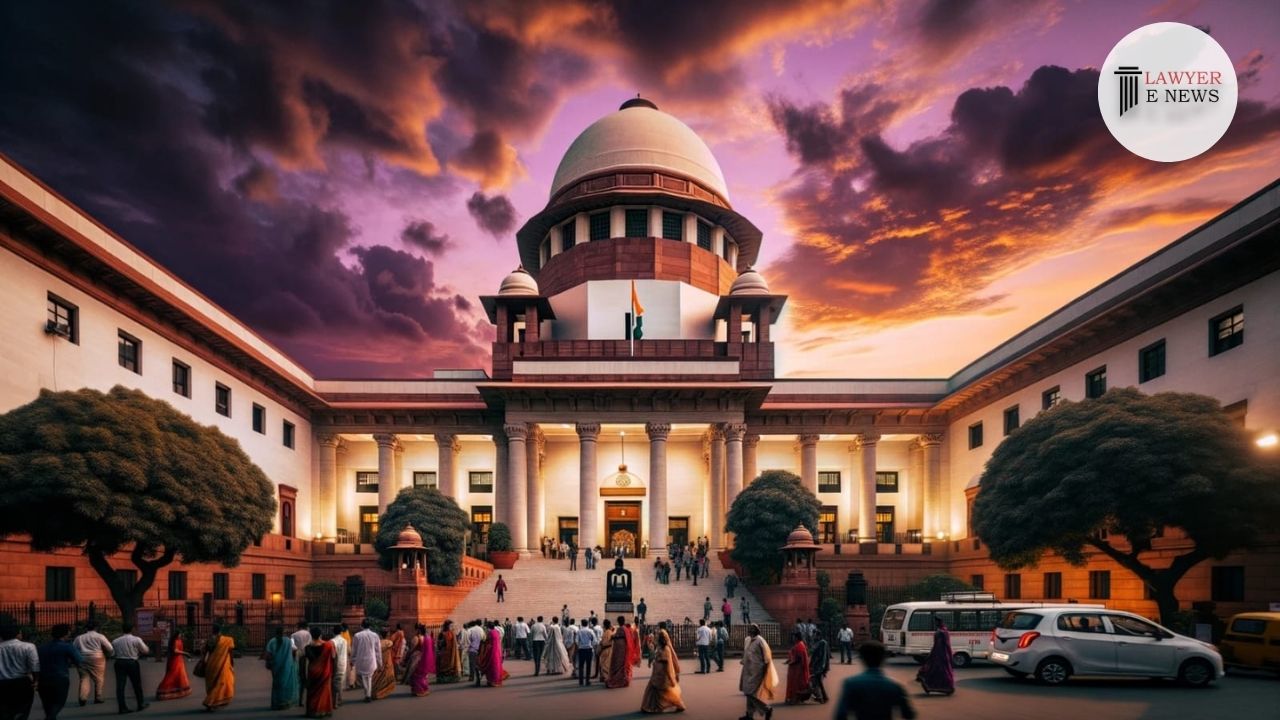-
by Admin
16 February 2026 5:45 AM



In a significant ruling, the Supreme Court of India has upheld the legality of transferring employees under the terms of their appointment, setting aside the judgment of the Karnataka High Court. The Bench comprising Justices B.R. Gavai and Sandeep Mehta delivered their decision on March 21st, 2024, in the case of M/S. Divgi Metal Wares Ltd. vs. M/S. Divgi Metal Wares Employees Association & Anr. (Civil Appeal No(s). 2032/2011).
The judgment revolved around the legal question of whether the Standing Orders under the Industrial Employment (Standing Orders) Act, 1946, particularly Clause 20, permitted the transfer of employees across the company's various establishments in India. The apex court examined whether such transfers were in conflict with the terms of employment contracts.
The appellant, M/S. Divgi Metal Wares Ltd., challenged the Karnataka High Court's decision that had disallowed the transfer of employees as per the Clause 20 of the Standing Orders. The case stemmed from the company transferring several employees from its Sirsi factory to Pune due to operational needs, which was contested by the employee's association.
Justice Gavai, in the judgment, delved deeply into the interpretation of the Standing Orders vis-à-vis the employment contracts. The Court referred to the precedent set in Cipla Ltd. vs Jayakumar R. and Another, emphasizing, “the terms of the appointment and confirmation would permit the transfer of an employee to any department or any works or offices belonging to the company.”
Further, the Court observed, “Nothing contained in these standing Orders shall operate in derogation of any law for the time being in force or to the prejudice of any right under a contract of service, custom or usage, or an agreement settlement or award applicable to the establishment.” Thus, upholding that transfers, as per employment terms, are valid and not overridden by the Standing Orders.
Decision: The Supreme Court allowed the appeals of M/S. Divgi Metal Wares Ltd., setting aside the judgments and orders of the Karnataka High Court. It was held that the employee transfers were lawful as per the terms of appointment, notwithstanding the modifications in the Standing Orders.
Date of Decision: March 21, 2024
M/S. Divgi Metal Wares Ltd. vs. M/S. Divgi Metal Wares Employees Association & Anr.
